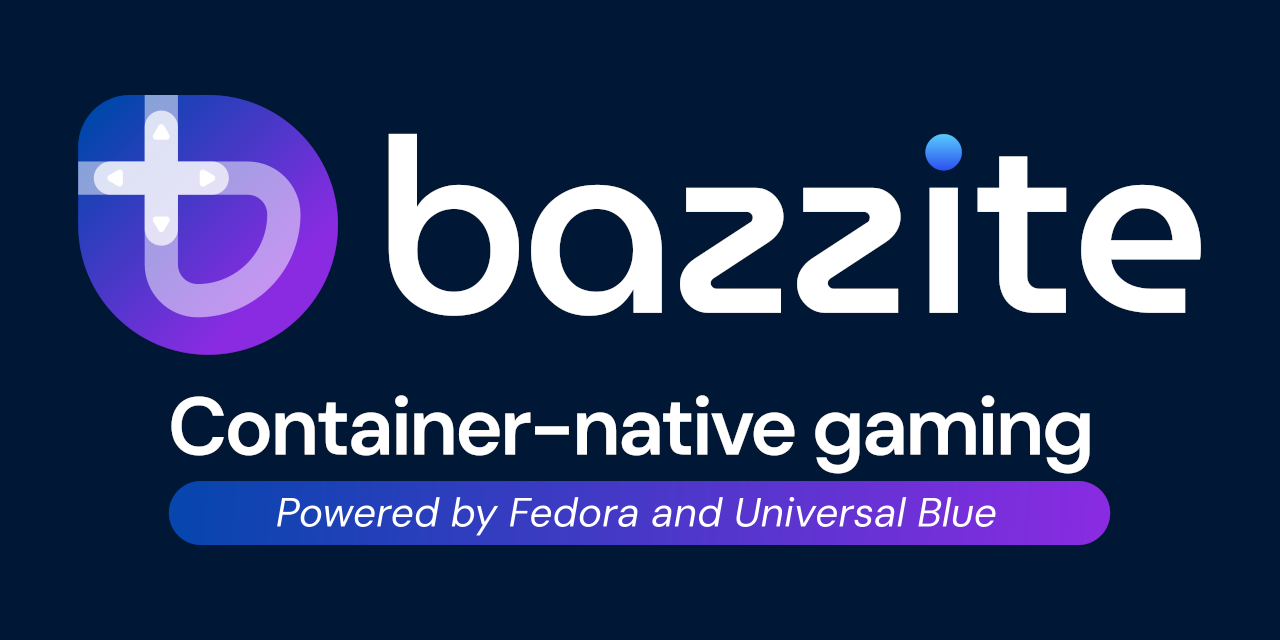- cross-posted to:
- linux@programming.dev
- cross-posted to:
- linux@programming.dev
Bazzite comes ready to rock with Steam and Lutris pre-installed, HDR support, BORE CPU scheduler for smooth and responsive gameplay, and numerous community-developed tools for your gaming needs.



How much different is setting up immutable distros like Bazzite? I like the concept but I’ve been too intimidated to try it out.
Setting up is stupid easy. What makes immutable distros potentially difficult is installing software. Anything packaged as a flatpak is stupid easy. Beyond that it can get complicated. But it’s not bad in general.
Having just switched to Linux with Bazzite two weeks ago, my biggest issues have come from Wayland support. And that’s really just because I have a specific piece of software I need that doesn’t support Wayland. And that’s a bit of an edge case and the result is more annoyance than show stopper.
Can’t you use Xwayland?
No, because it’s a software KVM and it needs to be able to read, mirror, and suppress mouse and keyboard actions.
Which can be done on Wayland but it needs to be dome from a Wayland native app
Can relate
Just use brew for non-gui programs. Really easy. It’s the recommended way by the ublue devs and should be pre-installed
The setup process isn’t really much different from other distros, quite easy. It’s documented here. If it’s still too intimidating for you, you could always do a test run in a virtual machine first, there is even an image that you can select at the bottom of the download menu on the website for virtual machines.
The nice thing is that, if you have some kind of special hardware (e.g. certain laptops, nvidia gpu…) you only need to select it the downloading menu and then you are all set with the special tweaks that the hardware requires provided by the community.
After the initial installation it’s an even better experience than other distros I have used. It gives you a first time portal, where you can choose additional applications that you would like installed. If you get your application via flatpak then you are all setup. If you need other applications not available in flathub, you will have to do some further reading in the documentation, it’s all explained there.
Having to install things mostly through flatpaks works seamlessly until it doesn’t. Then you’re stuck in dependency hell where you have to open holes in your containers to allow access to files or binaries.
I’m at a point where I layer enough software that I don’t know If there is still value added.
This has always been my concern with relying on Flatpak. It is only as simple as your requirements are it seems.
Flatpaks ,boxbuddy for gui RPMS, it’s super versatile once you get it